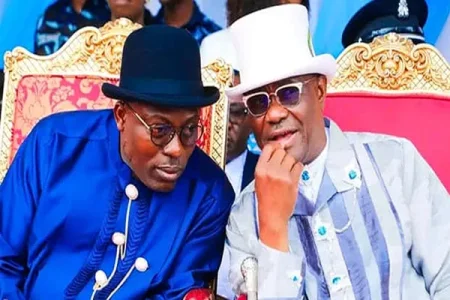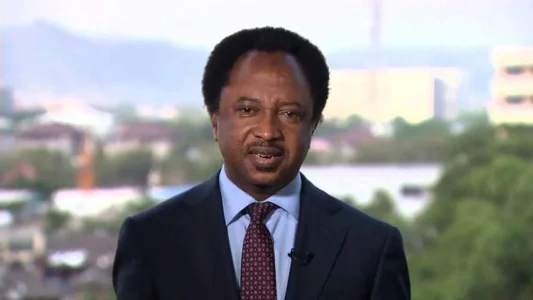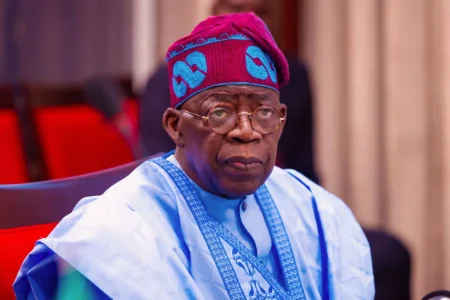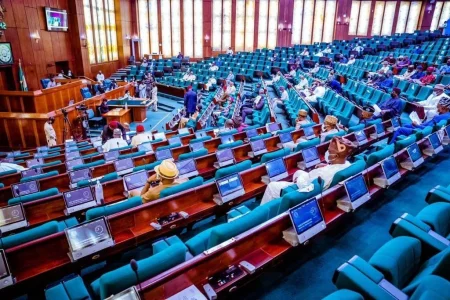
A governor kneeling before his predecessor might seem like reconciliation—but in Nigeria’s political reality, it can also hint at something deeper: the persistence of shadow rule.
- On April 18, Rivers State Governor Siminalayi Fubara visited former governor and current FCT Minister Nyesom Wike at his Abuja residence, according to Premium Times.
- Fubara reportedly knelt before Wike, called him “My Oga,” and asked for peace, while accompanied by national figures including Dapo Abiodun and Olusegun Osoba.
- This follows months of political tension between the two, including President Tinubu’s intervention and suspensions of elected officials in Rivers.
- The optics of submission—especially away from Rivers and in Wike’s Abuja stronghold—have sparked debate about whether Fubara truly governs independently.
- Analysts say this could be another case of a former governor informally controlling a state, long after leaving office.
For the people of Rivers, the question is blunt: who’s really in charge? When a sitting governor has to beg for peace, it challenges the very idea of democratic leadership—and raises fears of long-distance power puppeteering.
Fubara’s ability to reassert his authority—or remain in Wike’s orbit—will shape Rivers politics. But beyond one state, Nigerians are asking: how many leaders are free, and how many are still reporting upstairs?




